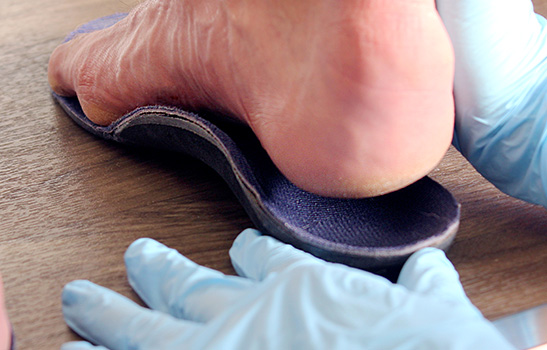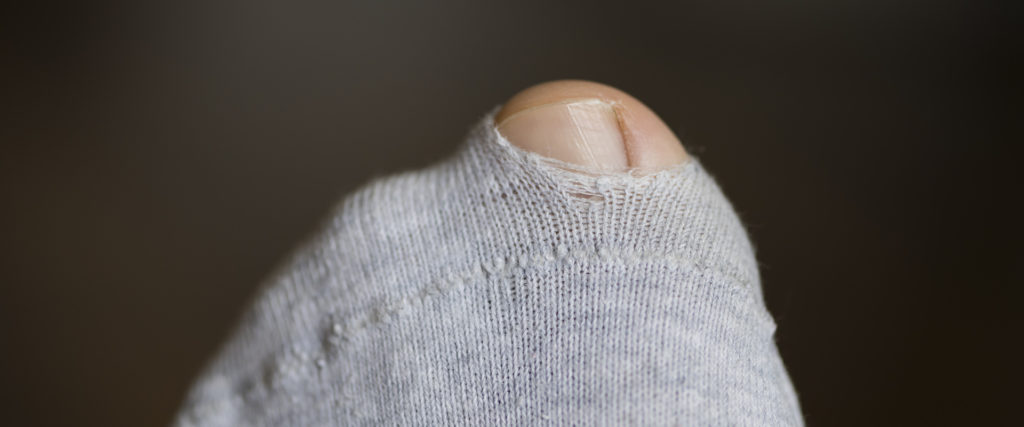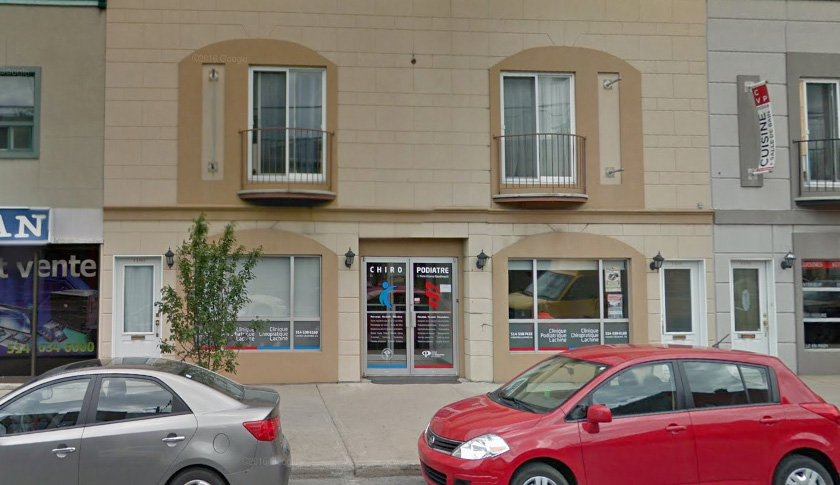Verruca plantaris or plantar warts
Plantar warts, also known as verruca plantaris, are small growths that appear on the skin. The condition, which is benign, is caused by the human papillomavirus (HPV). The term “plantar” refers to the warts’ location on the soles of the feet.
See the causes See the long term complications See how to relieve yourself at home
Signs and symptoms of a plantar wart
- Presence of a lesion (hardened skin) with black or red pinpoints
- The lesion may resemble a cauliflower
- The skin lines (toeprints) are disrupted
- On wet skin, the lesion may turn white and become easily visible
- When scratched, pinpoint bleeding may be visible
- Often not painful
- Multiple lesions may occur together in a mosaic pattern
What are the causes of a plantar wart
Plantar warts are caused by certain strains of the human papillomavirus (HPV). As such, it is a viral infection of the skin.
Walking barefoot, a person with plantar warts can leave virus particles on any surface, from where the infection can spread to others. However, not everyone who walks on an infected surface will develop plantar warts.
Some people are at greater risk than others :
- Small cuts or calluses on the sole of the foot can provide a gateway for infection. Moist skin and excessive sweating (hyperhidrosis) is also a risk factor.
- Children and adolescents are at greater risk.
- Some illnesses can compromise the immune system and make it more difficult to combat infections.
Contrary to popular belief, the potential for infection is not limited to wet surfaces. Virus particles can in fact survive on inert surfaces for a still-unknown period of time.
The most common contaminated surfaces include :
- Locker room floors and showers
- Edges of swimming pools
- Hotel rooms
- Fitting rooms
- Shoes at stores
- Floors and other surfaces in the homes of people who have the infection
- Floors of sports studios (karate, yoga, gymnastics, etc.)
The incubation period (the amount of time between infection and the appearance of lesions) averages 2 to 3 months. Therefore, it’s important to keep a close eye on your feet when you’re involved in higher-risk activities.
Progression and consequences of a plantar wart
While some plantar warts disappear on their own after several years, in the majority of cases the infection grows or multiplies. This increases the risk of spreading the virus to other areas of the body or to other individuals.
It’s important to note that the greater the size and number of lesions, the longer (and harder and more painful) it will be to eradicate the infection.
Finally, since HPV affects the proliferation of skin cells, plantar warts left untreated for many years can, in very rare cases, lead to skin cancer.
How to relieve a plantar wart pain at home
If you suspect you might have a plantar wart, avoid walking barefoot at home and cover the lesion with a Band-Aid (or wear socks).
If the wart is painful, you may attempt to reduce the thickness of the callus that has formed over the lesion with the help of a pumice stone. Make sure to disinfect the stone afterwards in rubbing alcohol. If the wart is located on a pressure-bearing area of the foot, a donut-shaped foam pad may also be used for protection.
Treatments sold at pharmacies are often ineffective for warts located on the soles of the feet as the skin in this region is up to 10 times thicker than elsewhere. Treatments applied to this skin surface are thus unable to penetrate deep enough to reach the affected layer. It should be borne in mind that warts that are unsuccessfully treated with inappropriate methods can become more resistant to future treatment. So if a pharmacy-bought treatment doesn’t work, don’t keep insisting!
Diagnostic of Verruca plantaris
It is by inspecting the condition of your skin and removing certain layers that a health professional is able to make the diagnosis. Sometimes a biopsy may be necessary.
What can my podiatrist do about a plantar wart
It’s important to keep in mind that HPV is a resistant virus and there’s no treatment to date that has proven to be 100% effective. However, you do have options.
- For milder cases, your podiatrist may prescribe a medicated cream that is stronger than those sold over the counter and instruct you to apply the cream on the lesions every day for several weeks. This treatment option is less effective but it can help reduce the size of the lesions to facilitate their further treatment.
- While at the foot clinic, your podiatrist may also apply medication reserved for use by healthcare professionals to reach deeper layers of the skin. This option may require two to four applications.
- Injections of Bleomycin under pressure may also be administered to attempt to eradicate the plantar warts. In this case, your podiatrist will use a specialized needle-free instrument to inject anti-viral medication directly to the site of the wart. This treatment rarely requires more than a single application.
How to prevent Verruca plantaris?
- Wear sandals or flip-flops in public places.
- Wash feet thoroughly after exposure.
- Periodically monitor the skin on the soles of your feet and between your toes, especially when engaging in higher-risk activities.
Plantar warts only affect the feet.

While the HPV strains that cause plantar warts typically stay in the feet, it's not uncommon for the infection to spread to any other area of the body where there is skin…
And if it was not a plantar wart?
There are a number of other conditions that may appear similar to plantar warts:
- Plantar calluses and corns
- Foreign bodies
- Molluscum contagiosum
- Fibrokeratoma
- Seborrheic keratosis
- Actinic keratosis
- Basal cell carcinoma
- Amelanotic melanoma


